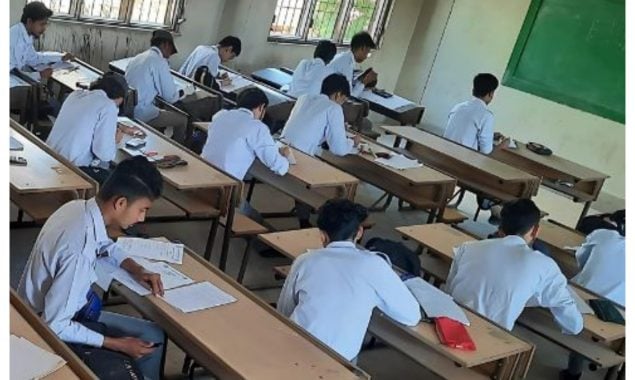The coronavirus outbreak has forced people across the world to self-isolate. Other countries have even gone into a national lockdown due to the global pandemic.
Pakistan is also one of those countries that have been badly affected by the COVID-19. As a result, two of the biggest provinces of the country, Sindh, and Punjab, have been locked down. Many professionals in Pakistan are now working from home while students have to rely on their online lectures as their academic institutes have also been closed.
In a bid to combat the havoc caused by COVID-19, countries across the world have been providing free internet service to work from home and distance-learning. On the contrary, Pakistan’s telecom agencies have been charging more than ever for their services. As a result, #ShameOnTelecomSector was trending across Twitter on Thursday where people criticized the local telecom companies for not providing any relief to their customers.
Universities and colleges are forced to conduct online classes. There are many students who no access to good internet services while others don’t even have access to smartphones or computers to attend online classes. In such a crisis situation, telecom companies in Pakistan haven’t been able to help students. This has certainly angered some Pakistani citizens.
We Demand To All Telecom Companies In Pakistan. Free Internet Facility is Necessary For Social Distancing.
Minimum 15 GB data to All Numbers with One Month Validity. This is not time Of Business. Cooperate With Pakistan And As Well As whole Nation. #ShameOnTelecomSector— Aamir Baig (@AamirBaigHere) March 26, 2020
In the wake of Coronavirus, Telecom sector must announce a free package having Calls & Mbs so the cluster could use free services staying inside their homes۔۔ pic.twitter.com/x5MKO5qqJV
— Khuram Awan (@Khuram_Awan33) March 26, 2020
UAE providing free internet for distance-learning
One of the countries leading the way in providing free internet to its residents is the United Arab Emirates (UAE). The Telecommunications Regulatory Authority (TRA) in UAE has coordinated with the local telecom companies to and providing free internet data on mobile phones, facilitating students to continue their studies.
Du and Etisalat, UAE’s two national telecom companies, will provide free of cost data package required for accessing the feature of distance learning for families that don’t have access to home internet.
As schools in UAE have moved to home learning from the 4th week of March, the Telecommunications Regulatory authority has announced to offer free mobile internet services for families without home Wi-Fi. pic.twitter.com/MYkcEAyzw6
— AM.Audit (@am_audit) March 19, 2020
ALLO Communications in Nebraska, USA, has also announced that they will reduce internet fees for the next 60 days for current and new customers. They are also providing 60-day free service to households not currently connected to the internet in USA due to COVID-19.
We're here to lend a ✋to our communities! https://t.co/gYEKmYRgST
— ALLO Communications (@AlloFiber) March 20, 2020
One individual tweeted that Iran’s telecom sector is also offering free telecom services while Pakistan’s telecom sector was “sleeping”.
Iran telecom offer 100GB and pakistani telecom sleeping #ShameOnTelecomSector pic.twitter.com/bBAKEylxfL
— His & Her Diary (@HisDiary1) March 26, 2020
While most of the Pakistani users were criticizing the telecom companies, there were a few who were justifying the reasons behind why the companies were unable to provide any relief.
Why are people asking for free services from private businesses? Why is this even a discussion? How will the telcos pay their employees? Ajeeb qoum hay yeh.. har cheez free chahiye jesey inka bara koi ehsaan hay mulk par aur businesses par. #ShameOnTelecomSector pic.twitter.com/cgzdvx7BEp
— Ali Kazmi (@AliKazmi1234) March 26, 2020
Even though the Telecom companies have been criticized on Twitter, it is certainly evident that these companies can’t be forced to provide monetary relief to their customers. These companies are also facing challenges to meet their financial obligations due to the global pandemic. We can hope that a win-win situation soon turns out for all interconnected stakeholders.
Did you find this information useful? Let us know in the comments section.









